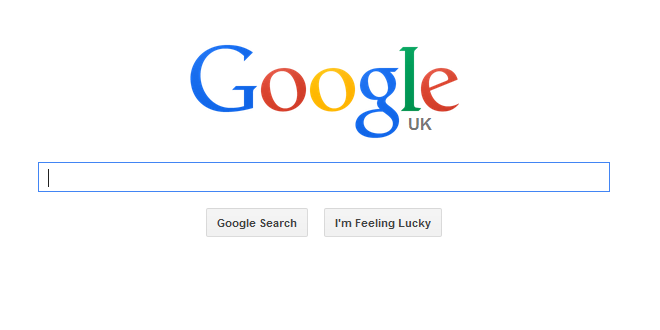A recent law passed by the European Union gives citizens the so-called right to be forgotten online. A recent court ruling further clarifies the scope of what the law pertains to. People can request from search engines to remove links from their search results if the content of the page contains information about them that is out of date, inaccurate, or violates their privacy in some way. In compliance with this law, Google now accepts requests to remove links that violate the law, but Google wants to keep this policy contained in Europe.
What this means is that these items will only be removed from their search engine on sites with European domains like Google.de, Google.fr, and Google.es. The Google.com domain will still list the items, even after the request to have them removed. Google insists this complies with EU guidelines, as most people in Europe use their search engine from European domains.
EU regulators however don't think this is enough. They cite the relative ease at which anyone can switch to a non-European domain to do their searches. They want this policy to apply globally, and not just in European domains. Google however wants to keep this policy limited to Europe as it is a European concept. There is no reason why European law should apply outside of Europe.
Between September and November of 2014, and advisory council, which included Wikipedia founder Jimmy Wales, had a series of meetings throughout Europe, to discuss the balance between privacy and the flow of information. They are expected to release a report of their findings at the end of this month. Google intends to take their report and other input to help them decide how to approach this complex issue.
The EU has adopted a set of non-binding guidelines, so that the law can be applied across its 28 member states. Citizens of EU nations whose requests for removal have been rejected by search engines can go their national regulators to take action against the company. Although no action has yet been taken against Google on this matter, it remains a possibility in the future.
Do you feel that Google is doing the right thing, in keeping its policies limited to European domains? Should it apply this policy globally?







